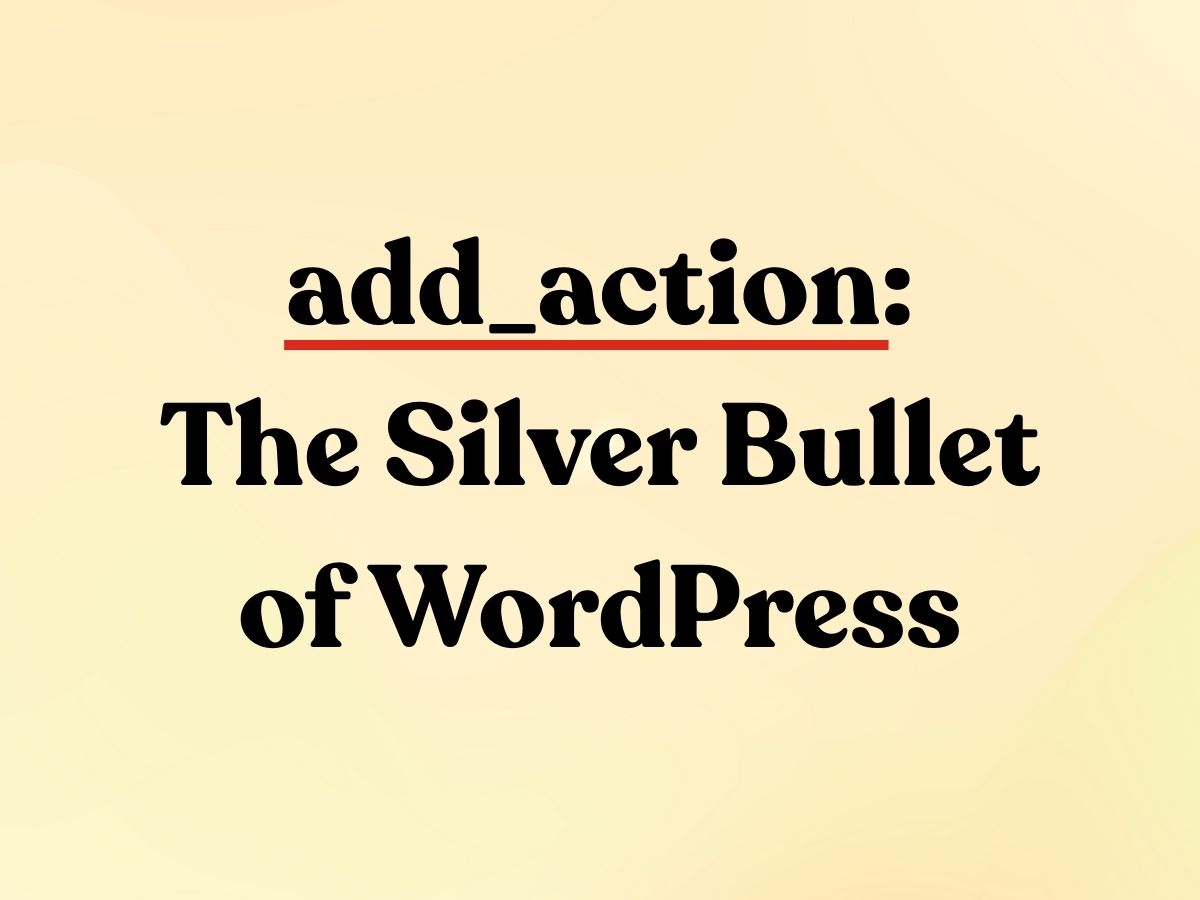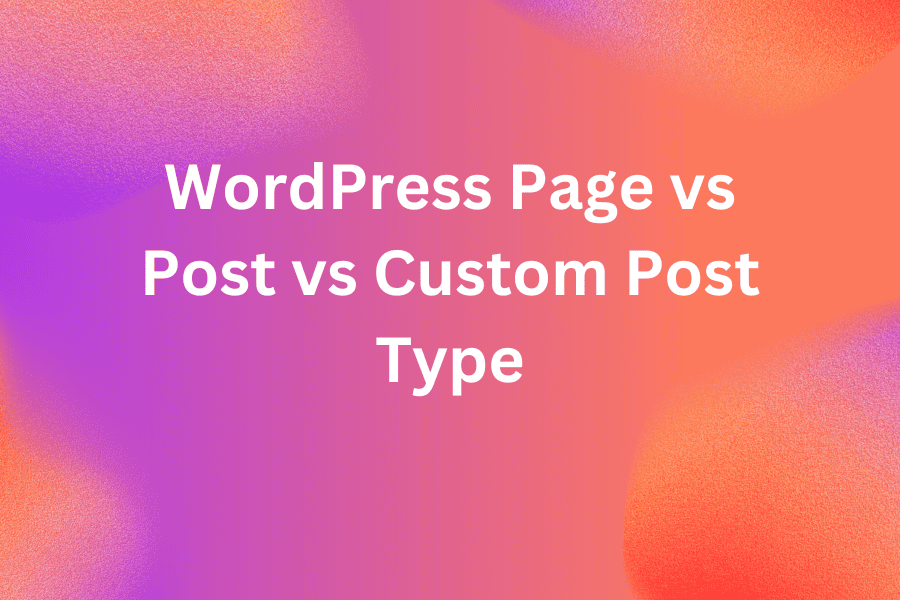Are you thinking about building an online store? Are you confused about where to invest to get the store designed and developed as per your custom needs? WordPress and Shopify have to be two of the most recommended platforms in business. Choosing one can be really difficult, and this is why we are here to help you with a detailed guide on both platforms.
We all know how the eCommerce sector has seen significant growth, and to outbeat that, you need to be at your best. This can only be done if you choose the right platform for website design and development. Not doing so can push you behind the crowd. So, make sure to check every single aspect of your project before making any decision.
As stated above, WordPress and Shopify are the two top names when it comes to developing online stores. Both of these platforms come with their own set of pros and cons. Understanding which one completely fits your needs has to be the way to go. So, to make the job easier, below we discuss in detail these two top platforms for getting your online store ready. Let’s dive in.
What Is WordPress?

If you are looking for the best content management system for your online store, there cannot be a better name than WordPress. Yes, not only is it a popular CMS, but more than 40% of the top websites have been made using the respective platform. This platform is primarily considered for blogging, but with a wide range of attributes, it has become one of the top eCommerce development platforms in the business. Plugins like WooCommerce, unlimited customisation, and ease of management make WordPress an ideal choice for many to get their online store ready.
Pros
- Highly customizable and extensible.
- Thousands of free and paid themes/plugins.
- Open-source platform with robust developer community.
- Flexible CMS allows building any type of online store.
- Free to use.
- Additional features available via premium plugins and themes.
Cons
- Requires technical skills.
- Plugin/theme compatibility issues.
- Initial setup and integration of additional features.
- May have performance limitations.
What Is Shopify?

When it comes to Shopify, it is an easy, hassle-free, and fully hosted platform for your e-commerce needs. Shopify has all one needs to develop and design e-stores. It is easy to understand and use for all. So, even beginners can consider it to get started with their development journey.
The best part is that you never have to stress about any technical aspects, including security, hosting, and more. You can easily choose among the wide range of templates on the platform to get your store designed as per your vision and needs.
Pros
- No coding required
- Managed service handles hosting and security updates
- Wide selection of ready-made themes.
- Integrations with major platforms.
- Stellar customer support.
Cons
- Limited customization
- Premium monthly or annual plans.
- Less flexible than WordPress.
- Cannot host non-store pages
Shopify vs WordPress
Now, we are going to discuss the different aspects of WordPress and Shopify that can make it easy for you to choose one for your online store development. By asking certain driving questions, you can gather insight into your specific project needs and check which of the two fits best for them. Let’s begin.
Easy To Access
As stated above, Shopify has a very user-friendly interface. Not only this, it comes with a hassle-free setup procedure. This platform has been specifically designed to create online stores. So, beginners can easily get started with it and get the best result out of it.

WordPress is all about the features and plugins that make your eCommerce store a whole lot better. This content management system comes with a WooCommerce plugin that can literally revamp your ordinary website into an online store. But, yes, this one requires a bit of technical expertise to get started with when compared to Shopify.
Customization
Shopify Customization
Talking about the design, Shopify gives you a huge range of templates and themes to choose from, and you can customise your store as per your needs. It is known to offer a range of ready-made templates that you can customise as per your branding purpose. Not only this, but it also comes with a drag-and-drop feature that makes it easy for you to edit the design without working on the coding.

WordPress Customization
When it comes to WordPress, they are highly acclaimed in the business for providing more than 60000+ themes for free, and some of them have additional costs. You have to consider the cost of creating a website while choosing the eCommerce platform. It gives you complete control of the design. So, you can have the online store designed as per your custom needs using its framework, which is quite flexible.

Scalability
Shopify is known for managing its backend structure hassle-free. It takes all responsibility for optimisation, security, and even hosting. So, you can be certain that your online store is going to be highly scalable. You won’t have to worry about heavy traffic or sales, as all of it will be managed without any difficulty.

If you are thinking about whether WordPress has what it takes to support high traffic and sales, then the answer is yes. It helps you manage all the backend aspects, including hosting, performance, and security. You have a lot more control with WordPress, so it completely depends on how you want your website to handle growth and scalability. You can scale your wordpress site in AWS also.
SEO and Marketing
Shopify SEO & Marketing

With Shopify, you get all the built-in SEO features. So, it becomes a lot easier for one to have their online store optimised for the search engines. You can have all the aspects sorted, right from meta tags, URLs, alt tags, and more. It doesn’t end here, as you get many marketing tools as well for better reach, including Facebook Pixel and Google Analytics.
WordPress SEO & Marketing

WordPress doesn’t stay behind in terms of SEO and marketing attributes. It is highly regarded for its SEO features. You benefit significantly from the Yoast SEO plugins that allow you to have your content, URLs, and tags optimised as per Google’s requirements. This can boost rankings and give your store a better reach than everything else. It also offers many marketing plugins to up your marketing game.
Fees and Payment Gateways
Shopify Payment Gateway

If you are designing your online store using Shopify, then it provides you with its own payment gateway, Shopify Payments. It covers credit cards, too, without any kind of transaction charge. You can also have more than 100 external payment gateways integrated into the respective platform as per your specific needs and requirements.
WordPress Payment Gateway

Talking about WordPress, you benefit from the flexibility of choosing from a wide spectrum of payment gateways. All of this is possible with the plugins in WooCommerce. When it comes to transaction fees, it completely depends on the payment gateway you select.
Final Verdict
As you read, both platforms come with their own set of pros and cons. Choosing one completely depends on your needs while getting your eCommerce store ready. Undoubtedly, Shopify offers great features and is perfect for beginners, but with WordPress, you get an edge. It gives you a lot more control, flexibility, and marketing capabilities. Whether you choose Shopify or WordPress, you are bound to benefit from an effective and efficient online store that checks all the boxes. Good luck!



